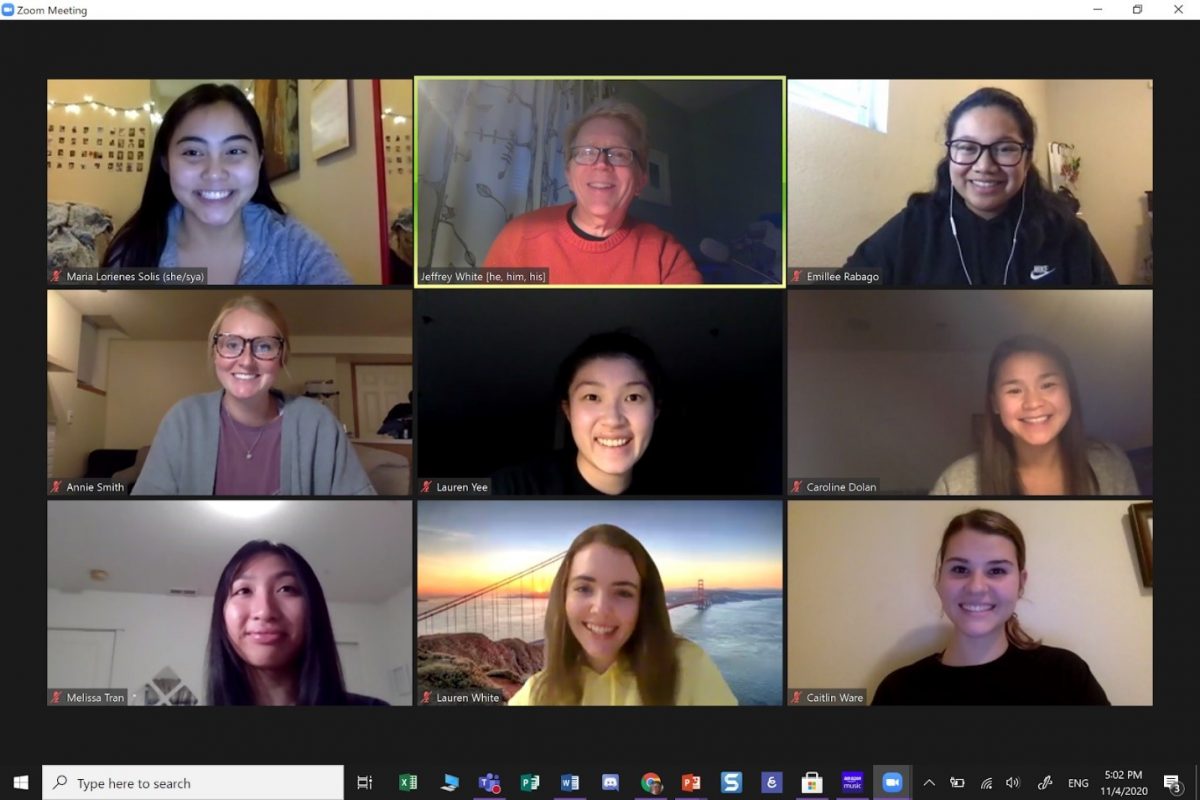Welcome to the College of Arts and Sciences (CAS), where our students dwell in possibilities.
The fifteen departments of CAS represent the depth and breadth of the arts, humanities, sciences, and social sciences, and collectively provide all UP students with a liberal arts education—either through the University Core or with a CAS degree.
The term “liberal arts” has its root in the word “to liberate.” And that is exactly the goal of the liberal arts: to free learners to think for themselves. CAS students, in short, learn how to learn. A CAS degree, or even a major or minor in a CAS department, often signals to employers that its recipient is an individual who can innovate, communicate effectively, analyze, and work compassionately and well with others — all crucial skills in the ever-evolving twenty-first century.
These same skills also ensure that CAS students can think and learn beyond the requirements of their jobs. They can exercise their rights as citizens, live ethically with others, and build their own strong sense of identity.
The combined depth and breadth of a UP College of Arts and Sciences degree thus opens up unlimited possibilities to our students. They pursue a myriad of academic pathways, and they continuously surprise us with the creative ways they combine majors, minors, and professional experiences that are uniquely their own.
Our CAS students are advantageously ready to embark on any number of exciting and fulfilling careers and lived experiences. The following opportunities and stories of our CAS students eloquently and compellingly testify to the liberal arts advantage. Read and be inspired!
High-Impact Learning Opportunities in CAS
CAS offers students many options to engage in high-impact learning experiences designed to promote deep and transformative learning. These include:
- The Public Research Fellows Program fosters faculty-student research partnerships that connect academic work with local communities and the wider public.
- The Summer Undergraduate Research Experience (SURE Program) provides summer funding and community-building opportunities for faculty-student scholarly partnerships.
- The Leader Certificate Program offers a three-course program along with personalized leadership coaching focused on preparing the next generation of leaders.
- The Northwest Undergraduate Conference on Literature is one of the only such undergraduate conferences in the country and attracts students from across the US.
- The award-winning Speech and Debate Union has participated in and won numerous tournaments across the country.
- Our Ethics and Bioethics Team has won numerous national competitions.
- For-credit and paid internship opportunities are available in a wide-variety of fields relevant to student interests.
- Our advising office for pre-health and pre-law professions provides for-credit courses and support for students applying to graduate schools in the health profession and law.
- Our Study Abroad programs around the globe range from full-academic year programs in Salzburg, Austria, to semester long programs in Asia, Europe, and Australia, to shorter experiential learning programs in Africa.
- CAS partners with students serving as Teaching and Writing Assistants in many of our departments and provides them with valuable training and experience.
- The Student Leadership and Advisory Council provides insight and guidance to help shape the future of CAS.
CAS Spotlights: Our Students & Alumni
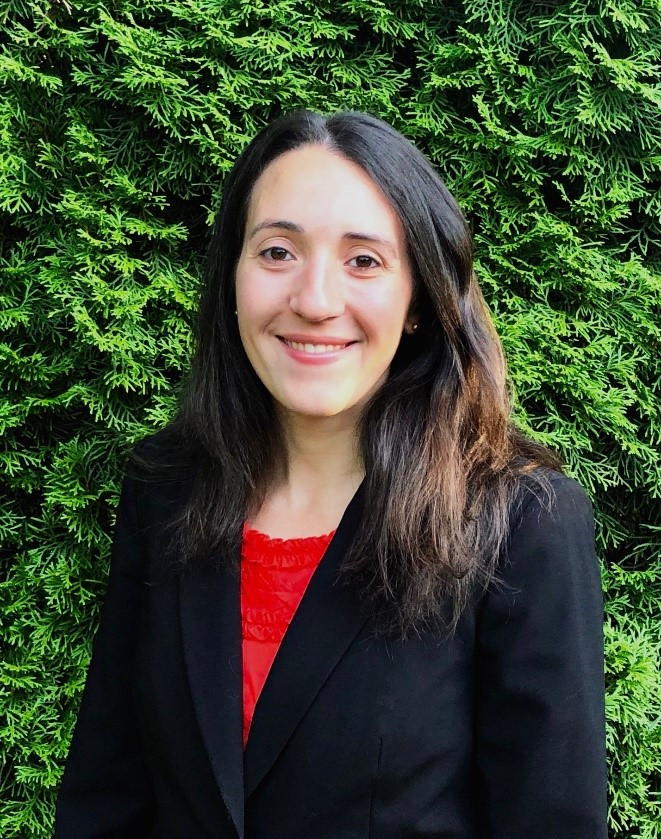
Megan McKittrick ’14
When Megan McKittrick arrived on the Bluff in 2010 she had no intention of becoming a physician at UCLA helping to fight the COVID-19 pandemic, but that’s exactly where she ended up after starting her journey in CAS as a pre-law social work major. As she dove into her classes across various CAS disciplines, Megan found herself becoming increasingly interested in how science could be used to help both individuals and society be well and thrive. Eventually finding her way to a major in psychology, Megan continued deepening her learning by collaborating with her mentor to carry out and publish a research study examining how pediatricians address the mental health needs of their patients. At the same time, Megan had the opportunity to work as a teaching assistant in the biology department, which helped her future as a scientist-practitioner come into focus. According to Megan, it wasn’t necessarily the subjects she studied in CAS that made the biggest difference for her. Rather, she says that “the most meaningful part of my time in CAS was my relationships with my professors and advisors. I received so much professional mentoring and personal support. I always knew I could stop by offices and just chat with my professors about classes or life, and it’s so nice to have a real relationship with the people who are teaching you really interesting things, while also helping you open up doors that, for me, led to medical school and my current career.”
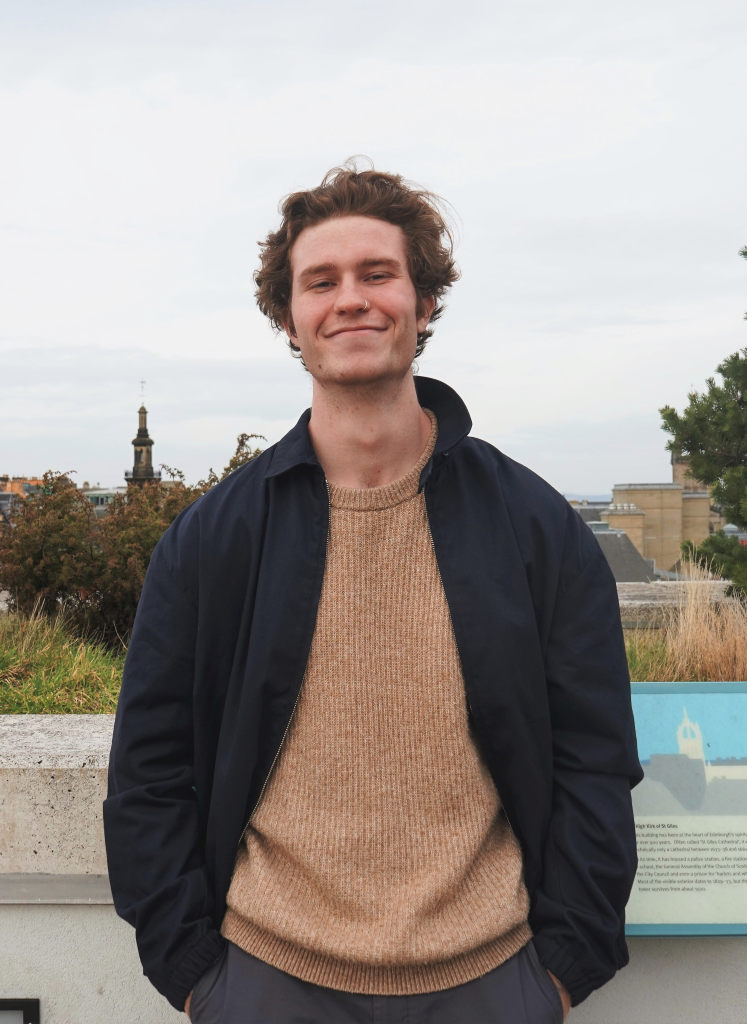
Dominic Triolo ’21
Dominic Triolo, a senior studying Organizational Communication, interned with Nebsly Media, a marketing and PR agency in London, in the summer of 2020. Dominic worked with the company to create his own internship after Nebsly Media reached out to him on Instagram. During his internship, he wrote and pitched an article about his experience with the internship process. It was posted on InternQueen.com, a national internship advice and search board. Read about Dominic’s experience in the article How Instagram got me an Internship.
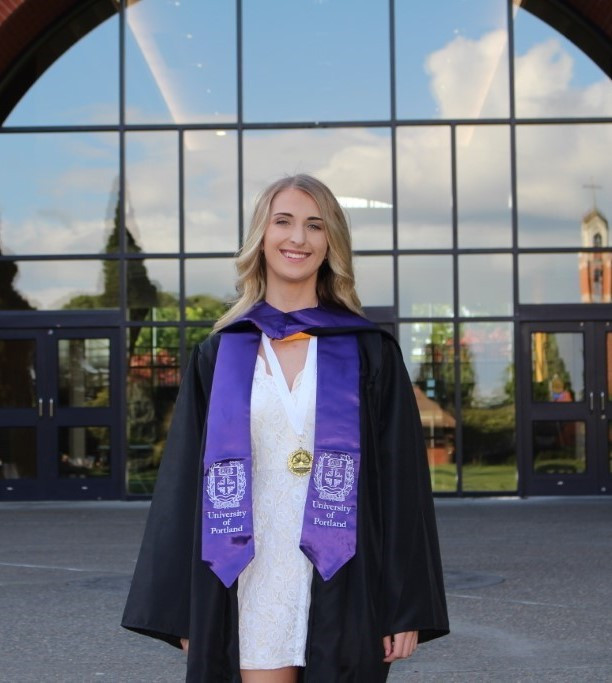
Katie Norris ’20
After graduating UP with a degree in biology and a double minor in neuroscience and chemistry, Katie was offered a job to work at OHSU as a clinical research assistant in the neurology department. The opportunity for this job was initially presented to her when she was working on her Honors thesis with Dr. Van Hoomissen, which was about the neurological disease ALS. When she was a freshman at UP, Katie never would have dreamed of working in the medical field because she entered into college as a mechanical engineering major. However, by having an open mind and taking every opportunity that came her way, she ended up in biology on the pre-med track. She states that the support and opportunities she received from her professors in the College of Arts and Science tremendously helped her achieve goals throughout college. She is currently studying for the MCAT and states, “I strongly feel that all of the classes I have taken at UP have more than prepared me for this exam. I am planning on applying to medical school in May and I am so grateful for everything I learned at UP because it has helped me find a path in life that I am truly excited about.”
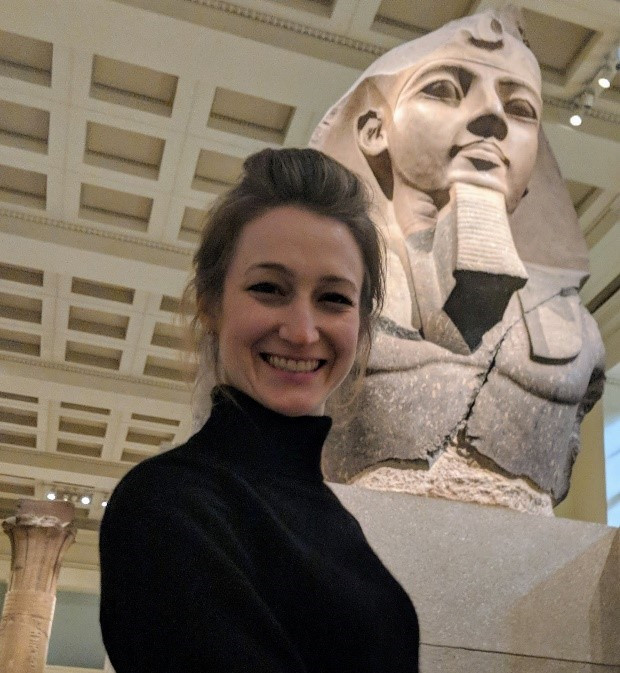
Katherine Young ’10
Following Katherine’s time on the Bluff as an English major, she moved to Canada to pursue a Master’s in Medieval British Literature at the University of Victoria. There, she realized that she wanted to handle manuscripts directly and share her passion for history with others outside of academia. She ventured across the pond to the United Kingdom and completed a degree in Museum Studies at the University of Leeds before moving to London, where she embarked on a career in the heritage sector. Over the past few years, she has worked on exhibitions in several galleries and museums, including Tate Britain and the British Museum. As Exhibitions and Interpretation Manager at the Imperial War Museum’s airfield, she currently develops content for displays and maintains the historic site. Katherine states, “My liberal arts degree from the University of Portland provided an invaluable foundation for my subsequent studies and successful career in the international heritage sector. The comprehensive coursework enabled me to develop essential research skills and challenged me to critically engage with diverse content. The university’s professors encouraged me to pursue my interests, yet maintain an open-mind and explore different subjects to support my holistic development. This positive encouragement sparked a lifelong love of learning and desire to be an active participant in global society.”


